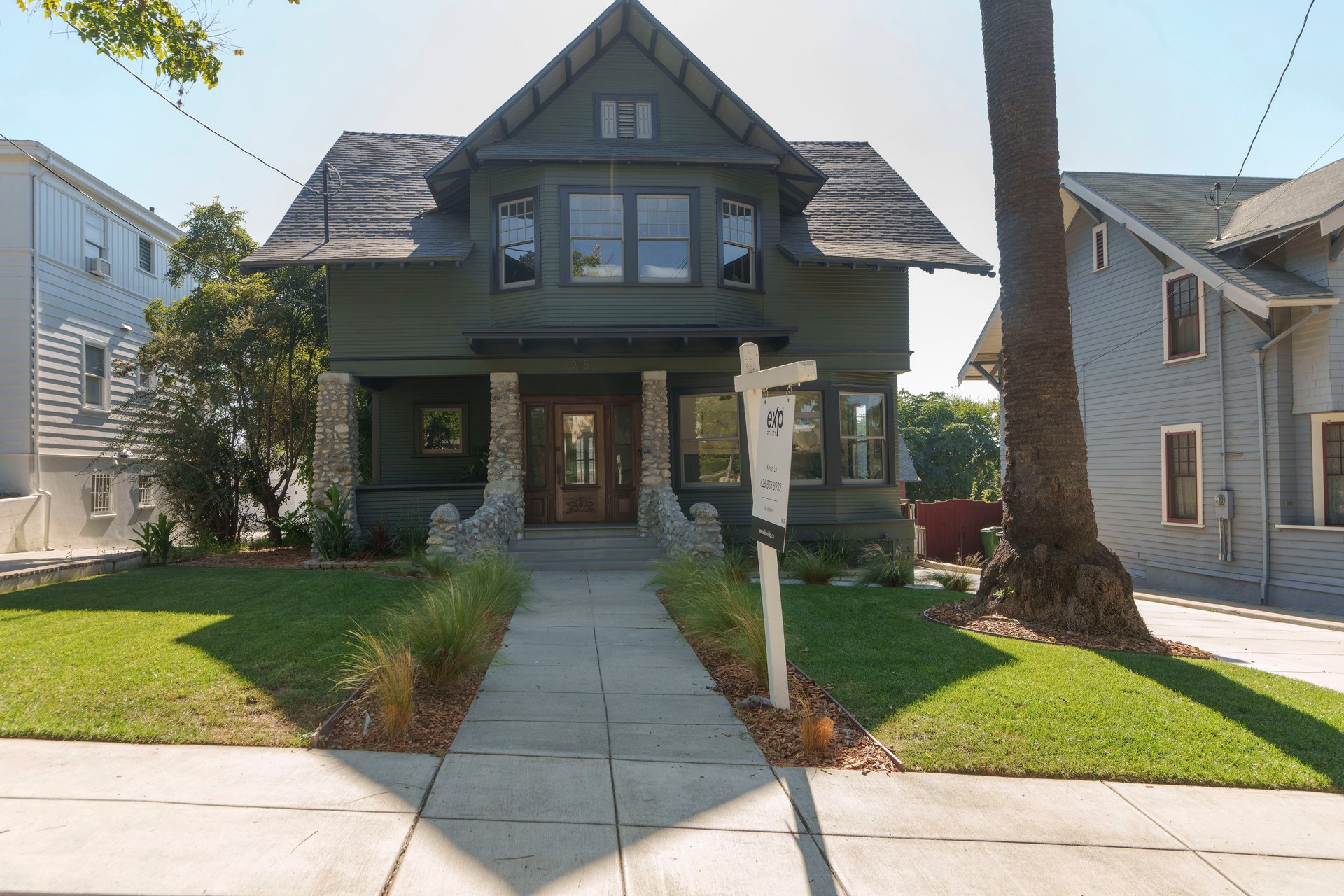Average long-term mortgage rates dip for 9th straight week, sliding to lowest level since May
The average long-term U.S. mortgage rate retreated for the ninth straight week to its lowest level since May

The average long-term U.S. mortgage rate retreated for the ninth straight week to reach its lowest level since May.
Suggested Reading
The average rate on a 30-year mortgage dipped to 6.61% from 6.67% last week, mortgage buyer Freddie Mac said Thursday. A year ago, the rate averaged 6.42%.
Related Content
Borrowing costs on 15-year fixed-rate mortgages, popular with homeowners refinancing their home loans, also inched down this week, with the average rate falling to 5.93% from 5.95% last week. A year ago, it averaged 5.68%, Freddie Mac said.
“Heading into the new year, the economy remains on firm ground with solid growth, a tight labor market, decelerating inflation, and a nascent rebound in the housing market,” Sam Khater, Freddie Mac’s chief economist.
Mortgage rates have been easing since late October, when the average rate on a 30-year home loan reached 7.79%, the highest level since late 2000.
The decline has tracked the trajectory of the 10-year Treasury yield, which lenders use as a guide to pricing loans. The yield, which in mid October surged to its highest level since 2007, has been falling on hopes that inflation has cooled enough for the Federal Reserve to shift to cutting interest rates after yanking them dramatically higher since March of 2022.
The Fed has opted to not move rates at its last three meetings, which has also given financial markets a boost.
Investors’ expectations for future inflation, global demand for U.S. Treasurys and what the Fed does with its benchmark federal funds rate can influence rates on home loans.
The sharp runup in mortgage rates that began early last year has pushed up borrowing costs on home loans, reducing how much would-be homebuyers can afford even as home prices have kept climbing due to a stubbornly low supply of properties on the market. That’s weighed on sales of previously occupied U.S. homes, which are down 19.3% through the first 11 months 2023.
Despite the recent decline, the average rate on a 30-year home loan remains sharply higher than just two years ago, when it was 3.11%. The large gap between rates now and then is contributing to the low inventory of homes for sale by discouraging homeowners who locked in rock-bottom rates two years ago from selling.
Some housing economists are forecasting that home sales will increase next year, on the assumption that mortgage rates ease further.